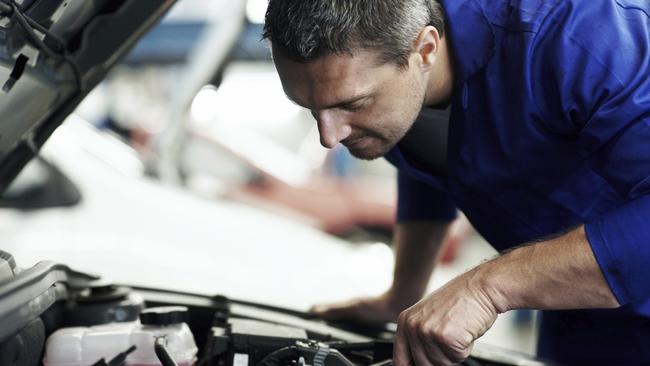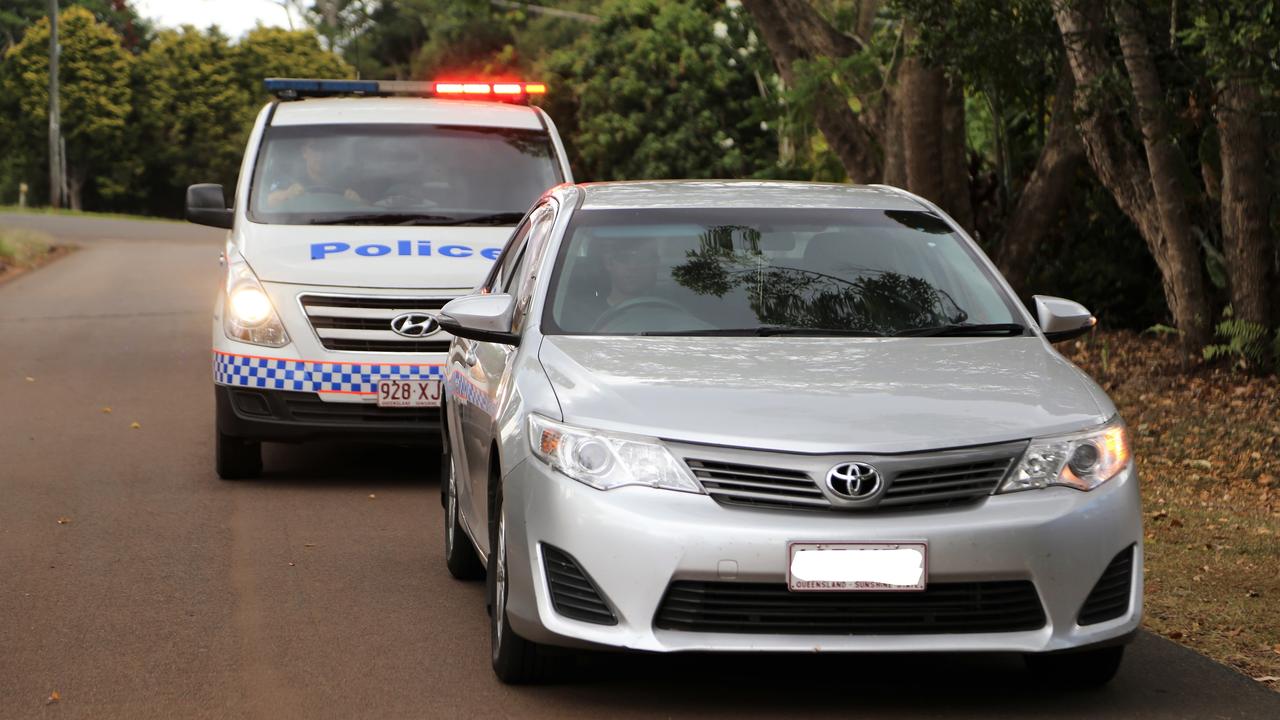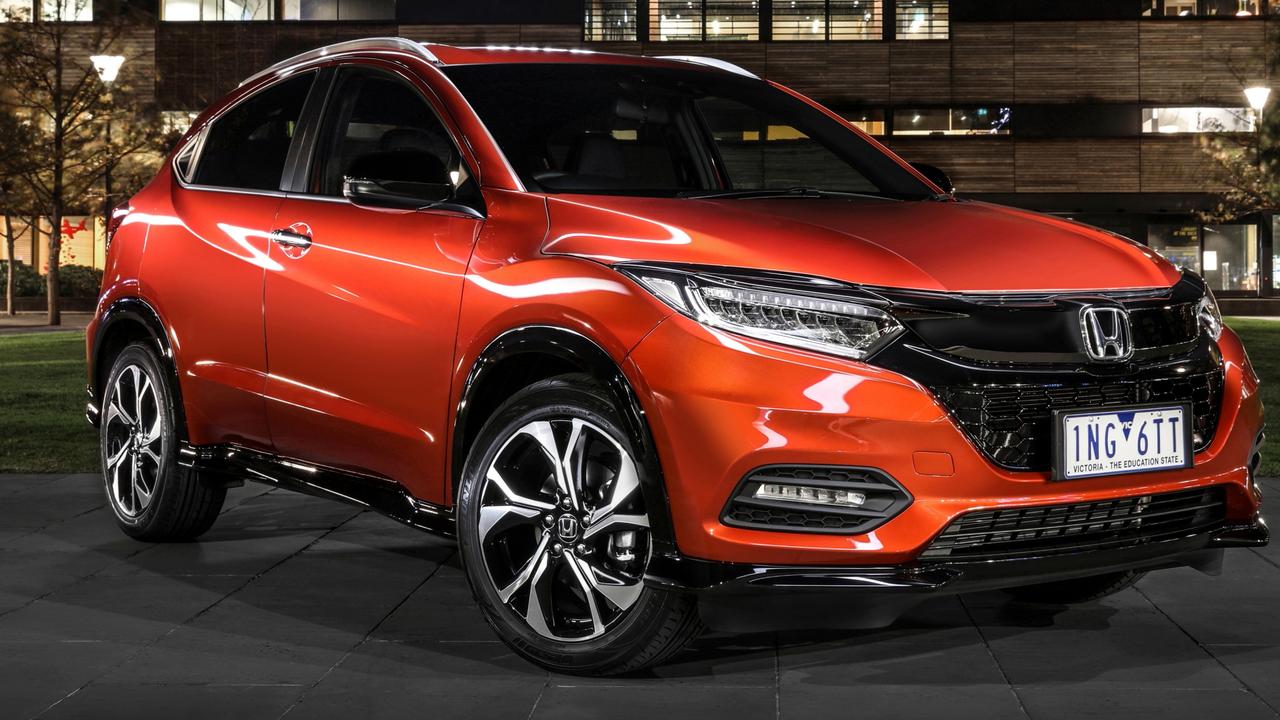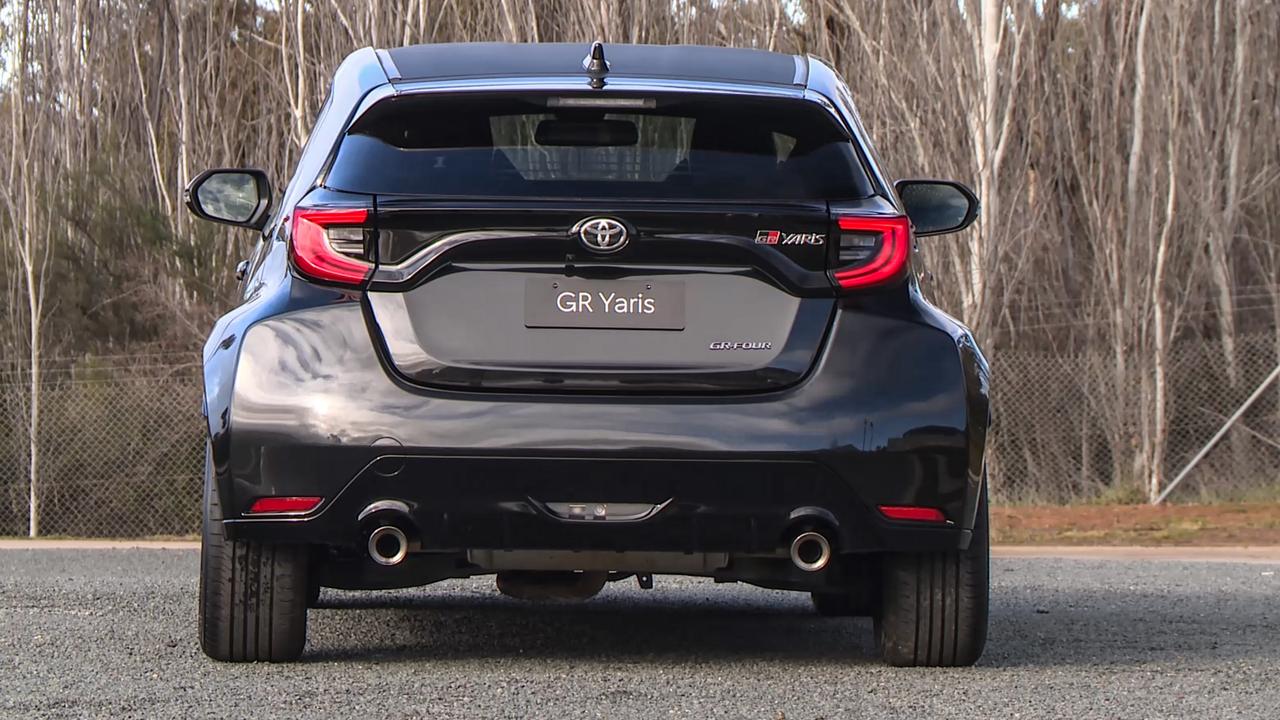Data transmitted from smart cars could be hacked
YOUR next new car will know where you’re driving, where you’ve parked, and even how often you’ve braked. The computing power behind it is incredible.

WHEN you drive off in your next new car, your passengers could include an eavesdropper sending your every move back to a corporate data bank.
Emerging automotive technology soon to hit Australia is producing the “connected car” which transmits data as it goes — your destinations, how you get there, even the numbers dialled on the vehicle’s hands-free device.
The Australian Automobile Association, which today is launching its My Car, My Data awareness campaign, acknowledges there are benefits in the performance of a car and its driver being monitored (with the data expected to be sent to mechanics).
But it warns the next generation of connected cars could breach individual privacy and even leave your vehicle open to hacking.
It probably is not a problem with your current vehicle, but the AAA wants drivers to know it could be in the one you will — or will want to — buy in the near future.
The car could share data such as:
• How often seat belts tighten, indicating sudden braking;
• The number of trips taken and the distance covered;
• Vehicle location;
• Destinations entered into the car’s GPS;
• The last 100 parking locations;
• The traffic on your mobile phones.
The AAA warned that, like it or not, your next new car could well be a connected car, gathering information about you and sending it to the car maker in real time and all the time.
“Connected cars offer many consumer benefits,” said the motoring group’s chief executive Michael Bradley.
“For example, these vehicles can talk to the world around them, helping drivers to be aware of and avoid traffic snarls or dangers on the road.
“This can help drivers reach their destination more quickly, more safely and more fuel efficiently. In the event of an accident, a connected car can alert emergency services bringing help more quickly.
“But the control of the data generated by these vehicles — and the emerging debate surrounding who gets to access it — is set to pose potential privacy risks and possibly drive up running and repair costs due to impaired competition.”
AAA has asked 24 car makers selling in Australia to outline their data management policies. It said today eight had responded.
The data could be worth hundreds of millions of dollars for the car industry, which raises the question of who owns it.
Research by McKinsey & Company estimates global revenue from car data might be as high as nearly a trillion dollars (US$750 billion) by 2030. The AAA sees this as a strong financial incentive for carmakers to deploy the technology in Australia.
The concerns about in-car privacy have been underlined by the McKinsey research “Today’s car has the computing power of 20 personal computers, features about 100 million lines of programming code, and processes up to 25 gigabytes of data an hour,” the report begins.
“Yet while automotive digital technology has traditionally focused on optimising the vehicle’s internal functions, attention is now turning to developing the car’s ability to connect with the outside world and enhance the in-car experience.
“This is the connected car — a vehicle able to optimise its own operation and maintenance as well as the convenience and comfort of passengers using on-board sensors and internet connectivity.”
But its research in Brazil, Germany, the US and China noted that while buyers wanted to benefits of connectivity, there were concerns there car could be tapped for personal data.



